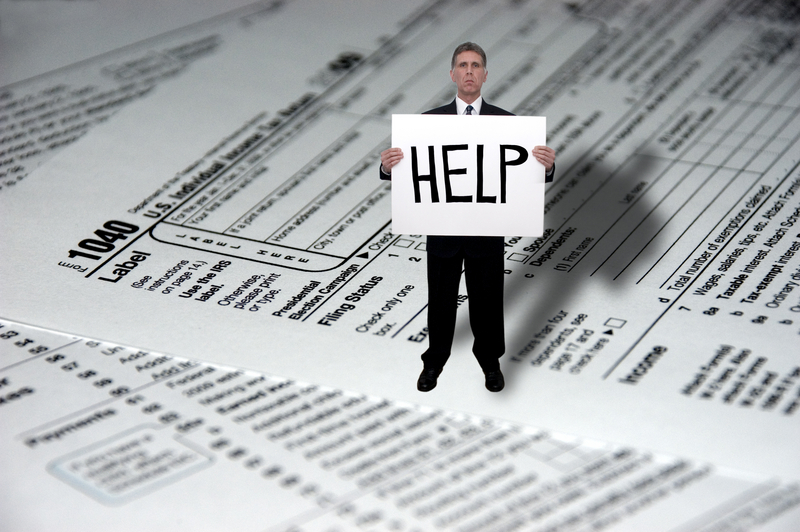 If you have other income which is not being taxed (farming grants, rental income, bank interest, dividends etc.) this article may be of interest to you.
If you have other income which is not being taxed (farming grants, rental income, bank interest, dividends etc.) this article may be of interest to you.
In summary income earned above €3,174 must be filed through the self-assessment system. Below this and it must be filed through the Form 12 process.
A chargeable person must comply with the new full self assessment regime.
1. Who is a chargeable person?
Under the Tax Acts, a chargeable person is a person who is chargeable to tax on income. However, in the case of income tax, an individual will not be regarded as a chargeable person where:
- the individual is in receipt of PAYE income only, or
- the individual is in receipt of PAYE income and has small amounts of other income that is being fully taxed through the PAYE system or has been fully taxed at source.
In all other cases, a person who is chargeable to tax on income is a chargeable person and must file a tax return through the self-assessment system.
Section 959B(1)1 provides that the amount of non-PAYE income which can be taxed in this way is limited to €3,174. Revenue has previously confirmed, in Tax Briefing 62, that this treatment will only be available provided the gross income from those other sources does not exceed €50,000.
Therefore, where the total non-PAYE income (e.g. rental income, dividends and deposit interest) on which a person is assessable to tax:
- does not exceed €3,174, and
- has been subject to tax through the PAYE system (or has been fully taxed at source),
then that person is not a chargeable person.
Where an individual’s other income is reduced to nil, because for example an amount of an allowance claimed reduces the taxable profits to zero, then that individual is a chargeable person. Nil profits cannot be coded against other income.
1.1. What income is taken into account in applying the €3,174 threshold?
Section 959B(1) provides that a person is not a chargeable person “if the income from … those other sources… does not exceed €3,174”2 .
Section 3 defines ‘Total Income’ as “the total of income from all sources”. Various sections provide that certain amounts, such as payments under deeds of covenants , are deductions in computing total income.
When calculating whether or not the €3,174 threshold is met, one is calculating the income from each source and, based on the definition of Total Income, this is the amount assessable in respect of each source. One is not taking account of any deductions in computing total income. Therefore, one must determine, for each source of income:
i. the profits or gains for a year of assessment, then
ii. the profits or gains which are to be charged to tax (capital allowances are usually taken into account at this point) and then
iii. the profits which are assessed to tax (losses forward are usually claimed at this point).
Where the total of the profits assessable for each source is less than €3,174 and that income is either coded or taxed at source, then a person is not a chargeable person. No account is taken of deductions in computing total income, such as relief for trading losses against other income4 or payments under deeds of covenant.
1.2. What income is taken into account in examining the €50,000 threshold?
Gross income is taken to mean the total profits or gains for a year of assessment (as calculated at point i. in paragraph 1.1 above) for all sources.
2. Having regard to previous years
Section 959B(1) provides that in deciding whether or not to code income, Revenue will have regard to the income from those sources in previous years. If an individual is a chargeable person in one year in relation to a source/ sources of income, then regardless of the amount of that income in future years, that person will continue to be a chargeable person so long as those sources of income continue to exist.
3. Jointly assessed cases
A married couple or civil partners, who are jointly assessed, are entitled to earn €3,174 and have that income coded before the spouse or civil partner on whom the income is assessed becomes a chargeable person. However, where a married couple or civil partners opt for separate assessment or single treatment, each person will have a limit of €3,174.
Please contact us for further information on this area if you need assistance with filing a return.
